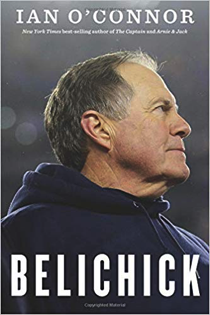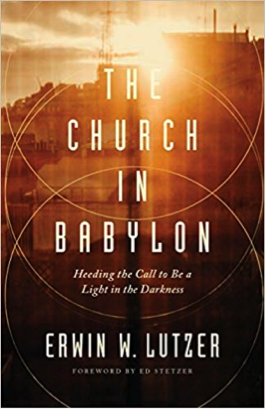by Jim Pingel
Okay, okay, before you lose your cool, I’m no Bill Belichick fan nor am I a Patriots’ fan. In fact, I root against the Patriots every Sunday. (The Green Bay Packers are my first love). However, whether you like football or not, one cannot deny the secular success of the greatest football coach in history not named Lombardi. Moreover, from the opening page, I could not put this book down. Written from the benefit of over 350 interviews, meticulous research, and with an eye for detail and insider stories, the accounts of what shaped and formed the mind, habits, and coaching dispositions of Belichick are riveting. The essential question of the book is this: How did Bill Belichick, who endured six losing football seasons out of the first seven he was a head coach, turn it around? How did he grow and become a great coach? Yes, the quick answer might be Tom Brady (duh). But did Brady make Belichick or did Belichick make Brady? Regardless, Lutheran administrators reading Belichick will not necessarily find out how to enhance their annual fund, recruit more students, or improve student learning. Or will they? The growth mindset, the obsession with detail, the drive for continuous improvement, and relentless leadership of Belichick just might teach you a few things on how to run and lead an organization. P.S.: There’s some terrific football stuff in here too.
(Full self-disclosure: Jim Pingel is a co-author of this book). Imagine the Possibilities: Conversations on the Future of Christian Education consists of eleven case studies of Lutheran schools around the globe (including ALSS member schools Crean Lutheran High School, Orange Lutheran High School, and Lutheran High School in Parker, CO). Each of the case studies focuses on a unique feature or approach to Christian education and the lessons you can learn from each of them. You don’t have to be like Crean, Orange, or any of the other schools. In fact, you and your school shouldn’t try to be like them. Nevertheless, the book was written with the intent that you could take some of the best practices of these eleven schools and customize them to your own school setting. Just imagine the possibilities of what you and your school could do and how your students and community would benefit if you tweaked even just a few things. The closing chapter summarizes the key commonalities among the eleven schools and the lessons learned from them.
Our world looks more like the days of Babylon every day. Perhaps you don’t feel like Daniel in the Lions’ Den or a severely scrutinized Daniel in the courts of King Nebuchadnezzar. Nevertheless, this book tackles many of the current, “hot button” cultural issues of our day in an easy to read, chapter-by-chapter basis. The book also features winsome ways we Christians can be salt and light in a very tasteless and dark world. The Church in Babylon makes for a great book study, book club read, or simply for one’s own personal devotional. There is substantial sizzle and substance in the book—it offers the timeless truths of Scripture and applies them to the contemporary challenges of today. Be inspired and fed anew.
Jim Pingel is the editor of the ALSS Journal and Dean of the School of Education at CUW and CUAA. He can be reached at james.pingel@cuw.edu.





